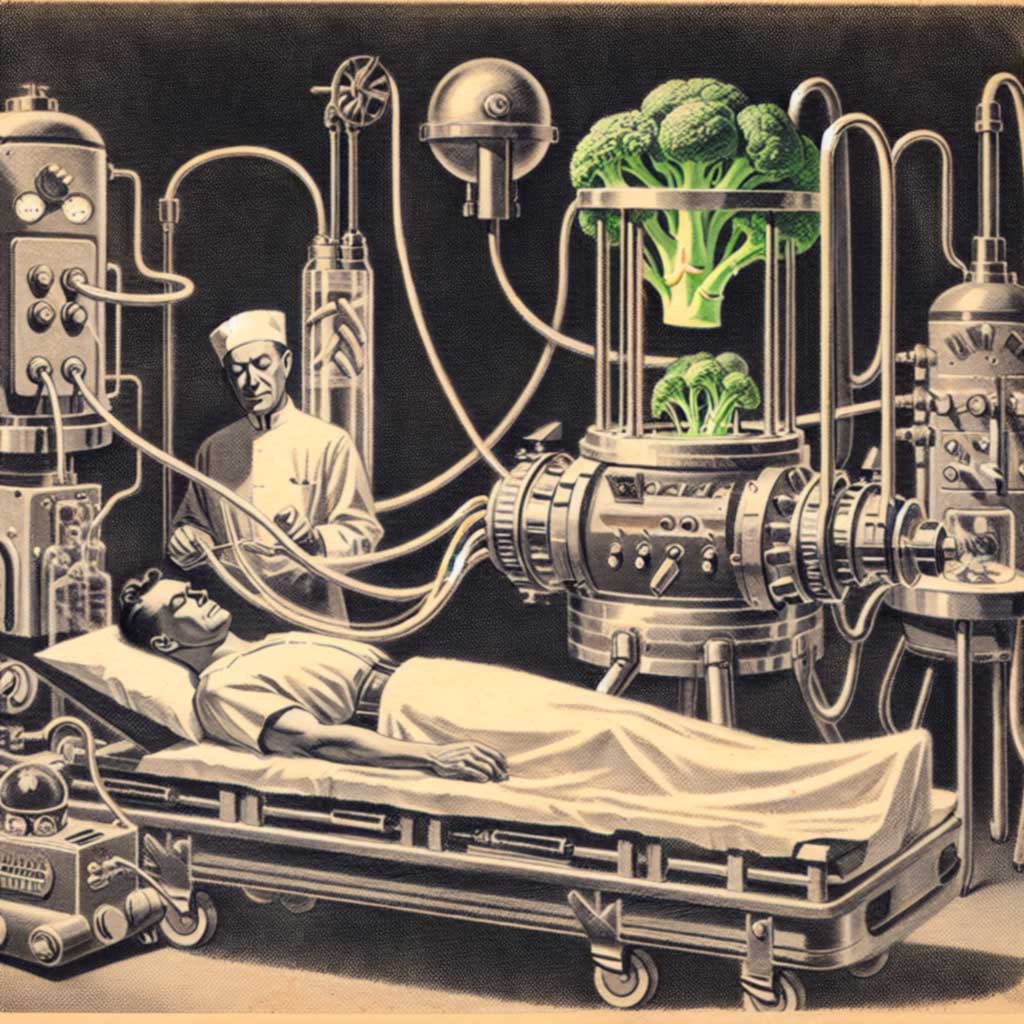
DAY 005: DAY 005【DADBOD.REHAB】 In the B.R.A.I.N., navigate to the section for yesterday. It should look something like:
If not, check or cross out those tasks right now. (Unless you failed to actually do that — in that case, stop here and go back to DAY 004, and don’t fuck it up this time.)
You can mark tasks complete in the B.R.A.I.N. right after you do them, if you prefer. Or, you can mark them complete when you start the next session (like you’re doing right now.) But it’s actually important (!!!) that you actually perform the physical action of marking them complete, at either of those times.
(By the way, you do have a B.R.A.I.N. (by which we mean a paper notebook dedicated to your DADBOD.REHAB work, or the electronic equivalent) right? Right?? There’s a small subset of people who read that requirement and think, Nah, I get it but I’ll just keep track of it in my head. If you are one of those people, then stop here and go the fuck back to DAY 003 and start over there (and don’t fuck it up this time)).
Why is the activity crossing off of program-related tasks — especially around the time you are thinking about the benefits of doing it — important? It is because doing that activates the mesocorticolimbic circuitry and other parts of your brain that are commonly referred to as the “reward system”.
Doing it just a few times won’t really do anything. But, over time, the repeated recruitment of your brain’s attention/intention and reward systems, and repeatedly and explicitly connecting the task (which may be unappealing in and of itself) with the reward and the positive outcomes you get, results in positive habit formation.
When you make something a habitual action, it becomes more automatic, has a lower likelihood of being skipped or procrastinated, and literally requires less energy, because of the lowered cognitive requirements to get it done. For good habits, this is as wonderful thing. It’s making that dopamine work for you.
That’s the actual reason the B.R.A.I.N. is so important for DADBOD.REHAB.
Now that you’ve completed the task of preparing and storing vegetables, and marked them complete, it’s time to eat them.
If you generally like “vegetables” — e.g., artichokes, asparagus, beets, bell peppers, broccoli, Brussels sprouts, burdock root, cabbage, carrots, cauliflower, celery, chard, chrysanthemum root, cucumbers, eggplant, green beans, kale, lettuce, mushrooms, okra, onions, peas, potatoes, pumpkins, radishes, spinach, squashes, sweet potatoes, tomatoes, turnips, and zucchini — then… well, that’s pretty cool. Lucky you! Feel free to indulge yourself with a bit of smug self-satisfaction as you read the next paragraphs.
But this program is designed with the assumption that you hate vegetables. That’s because many people do, and because even if you are a hater, that doesn’t actually matter much for DADBOD.REHAB.

Virtually any diet “works” — if the dieter adheres to it. (We’ll go into this in more depth next week, when we work with you to define the set of dietary and nutritional constraints that will make DADBOD.REHAB work for your particular situation and physiology.)
But the crux of it is that losing weight really is as simple as ingesting fewer kilocalories than you burn. Simple things aren’t always easy, though. The not-always-easy part is actually eating (or drinking(!)) fewer calories than you burn. Sadly, it’s effectively impossible to exercise your way out of this. This surprises some people, but it is true. (As you’ll see for yourself later in the program, when we’ll have you try to do it, in order to understand this more viscerally.)
So most successful diet/fitness plans, DADBOD.REHAB certainly among them, are mostly just basic information combined with tips and techniques to maximize the probability of making the right choice at any given moment.
Vegetables are a key tool in this regard, because they are very low in calories relative to their volume and weight. This means that you can eat a lot of them, without ingesting a lot of calories. It’s not that you will eat vegetables instead of the food you really like. It’s just that they will enable you to succeed at eating less of the high-calorie foods you like.
Think of all the crazy shit people do to lose weight that is objectively worse than eating vegetables. The horse jockeys in Seabiscuit intentionally swallowed fucking tapeworm eggs. People have undergone vertical banded gastroplasty (stomach stapling) surgery. Or liposuction. People do enemas. Some people take highly addictive dextroamphetamine, or some of these newer drugs whose long-term side effects are still unknown.
There is a whole litany of very unpleasant things people do to themselves to lose their unwanted body fat.
The good news is, the D.E.R.P. requires none of those things. Instead of medicines or medical procedures, it only requires vegetables. So if you really hate veggies, you need to change your perspective.
Instead of comparing broccoli to delicious filet mignon or bacon or ice cream (or whatever your thing is), compare it to getting regular enemas, or having a tapeworm. Instead of food, think of your daily veggies as medicine.

OK, finally, eat those vegetables. Eat them now, or whenever you want today. You don’t have to eat all of them (although you can). Eat two of the servings you prepared. You can put some butter or dressing sauce or Magic Salt on them. Later, we might have to start measuring the calorie-dense stuff like butter, but for now it’s not needed.
After you’ve eaten two servings of vegetables, record the answers to the following questions in the B.R.A.I.N.:
1.) On a scale of 1-10, with 1 being your least-favorite food and 10 being your favorite food, how do you rate the vegetables you ate today?
2.) How unpleasant was eating the vegetables compared with getting a tooth pulled? Shoveling snow for 20 minutes? Taking a shower? Brushing your teeth?
See you tomorrow.
P.S.:
Liking vegetables is is actually a skill you can acquire and train. If you want. 😉